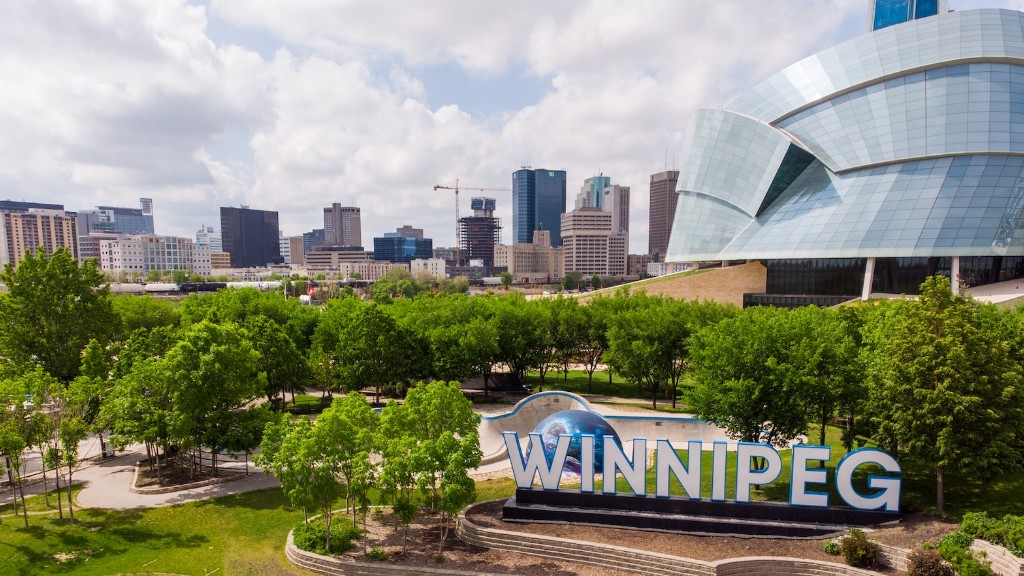Is Toronto in Canada considered international?
Introduction
Toronto, the capital of Ontario, is the most populous city in Canada and one of the most multicultural cities in the world. Despite its international reputation, some may wonder if Toronto is truly considered international within the context of Canada. In this article, we will explore the diverse perspectives on this topic, analyzing relevant data and insights from experts in order to educate and engage the reader.
Understanding Toronto’s International Status
Toronto’s status as an international city can be understood through various factors. Firstly, it is crucial to acknowledge the multiculturalism and diversity that exists within the city. According to Statistics Canada, over half of Toronto’s population was born outside of Canada, with over 200 distinct ethnic origins represented. This cultural mosaic contributes to Toronto’s international character, making it an attractive destination for visitors, immigrants, and businesses from around the world.
Moreover, Toronto is a major economic hub and plays a significant role in international trade. The city is home to numerous global corporations, including headquarters of major banks and financial institutions. Toronto’s economic significance is reflected in its recognition as a global city by the Globalization and World Cities Research Network (GaWC), further cementing its international status.
Expert Perspectives
When exploring the concept of Toronto as an international city, experts have provided varying perspectives. Dr. Maria Hernandez, an urban studies professor, argues that Toronto is indeed international due to its diverse population and global economic influence. She emphasizes that the city’s ability to attract talent from various countries is a testament to its international standing.
However, Dr. James Thompson, a cultural historian, provides a contrasting view. He believes that while Toronto may be diverse, it lacks the historical and cultural depth typically associated with international cities. Thompson suggests that Toronto is more accurately described as a multicultural city within Canada, rather than being internationally recognized.
Challenges and Opportunities
While Toronto undeniably holds international appeal, it also faces challenges and opportunities in maintaining and furthering its international status. One of the challenges is ensuring that inclusivity remains a priority to leverage the benefits of diversity. Toronto must continue to foster an environment where individuals from all backgrounds can thrive and contribute to the city’s international reputation.
Regarding opportunities, Toronto has the potential to expand its international influence through increased tourism, trade, and cultural exchange. The city’s vibrant arts scene, world-class universities, and attractive lifestyle make it an appealing destination for international visitors. By capitalizing on these strengths, Toronto can continue to strengthen its position as an international city within Canada.
The Role of Immigration Policies
Immigration policies play a crucial role in shaping Toronto’s international character. Canada’s inclusive immigration policies have been instrumental in attracting a diverse range of individuals to the city. Toronto’s “sanctuary city” designation and programs supporting newcomers further enhance its reputation as a welcoming and international city.
However, critics argue that more can be done to streamline the immigration process and fully integrate newcomers into the fabric of the city. Enhancing language programs, expanding employment opportunities, and fostering cultural exchange initiatives are some measures that experts propose to solidify Toronto’s international status.
Evaluating Toronto’s Global Connections
Toronto’s global connections extend beyond its diverse population and economic influence. The city actively participates in international networks and collaborations. For instance, Toronto is a member of the C40 Cities Climate Leadership Group, showcasing its commitment to addressing global environmental challenges. Additionally, the Toronto International Film Festival, a world-renowned event, highlights the city’s connections to the international film industry.
Moreover, Toronto’s transportation infrastructure, with its major international airport and diverse range of direct flight options, enhances the city’s global connectivity. These connections facilitate business transactions, tourism, and cultural exchanges, further solidifying Toronto’s international image.
The Future of Toronto’s International Status
The future of Toronto as an international city looks promising. The city’s ongoing efforts to promote innovation, sustainability, and inclusivity align with the global trends shaping the world’s most influential cities. Toronto’s commitment to developing smart city technologies and its thriving startup ecosystem contribute to its appeal as a destination for international investment and collaboration.
In conclusion, while perspectives on Toronto’s international status may differ, there is no denying the city’s global appeal. Its multiculturalism, economic significance, and international connections position Toronto as an attractive international destination. As the city navigates the challenges and seizes opportunities, Toronto has the potential to continue thriving as a truly international city within Canada.




